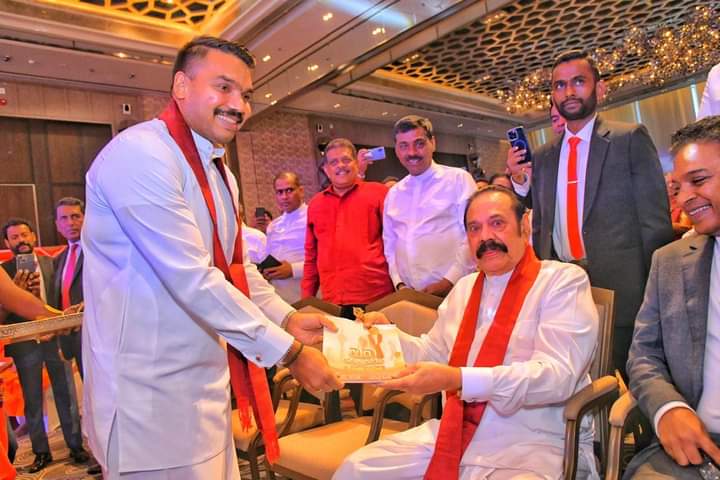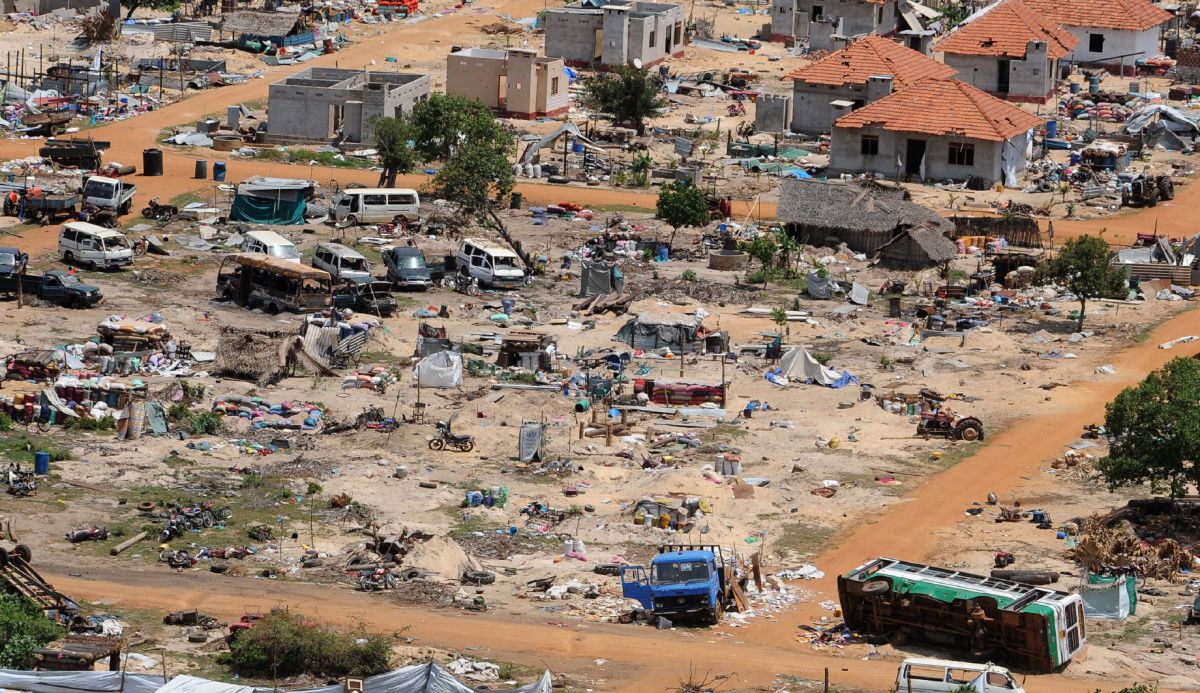
In a significant political development ahead of Sri Lanka's parliamentary on November 14, several senior members of the Rajapaksa family have reportedly decided not to contest the upcoming polls.
Former Presidents Mahinda and Gotabaya Rajapaksa, along with former MPs Basil and Chamal Rajapaksa, will not participate in the parliamentary elections.
However, Namal Rajapaksa, former minister and son of Mahinda Rajapaksa, is expected to lead the Sri Lanka Podujana Peramuna’s (SLPP) election campaign. Initially, reports suggested that Namal would contest from the Kurunegala district, but sources now indicate that he has chosen to enter Parliament via the National List and has not filed nomination papers for a constituency seat.
The Sri Lankan Elections Commission announced today that the nomination period for the 2024 General Election has closed, and neither Namal Rajapaksa nor Mahinda Rajapaksa have filed papers. Mahinda Rajapaksa’s decision not to contest represents a notable shift for the family, which has long been a dominant force in Sri Lankan politics.
Mahinda Rajapaksa has been a towering figure in Sri Lankan politics for decades. The staunch Sinhala nationalist first entered Parliament in 1970 and went on to wield significant political power throughout the years, serving as Prime Minister in 2004 and later as President from 2005 to 2015. During his presidency, he consolidated his family’s influence over Sri Lankan politics, appointing his brothers and other family members to key government positions. His tenure was marked by allegations of corruption, authoritarianism, and widespread human rights abuses.
Read more: 15 years today - A massacre in Mullivaikkal
Mahinda’s rule is particularly infamous for its role in the brutal military campaign that culminated in the genocidal slaughter of Tamil civilians in 2009. During the final stages of the armed conflict in 2009, under Mahinda Rajapaksa’s presidency, the Sri Lankan military launched an offensive that indiscriminately targeted Tamil civilians. Estimates suggest that more than 160,000 Tamil civilians were killed or disappeared in the final months of the war, as Sri Lankan forces shelled no-fire zones, hospitals, and civilians fleeing the conflict.

These actions have been increasingly condemned as a genocide. Despite mounting evidence of atrocities, Mahinda Rajapaksa and his brothers, including Gotabaya Rajapaksa, who was the Secretary of Defence at the time, have consistently denied responsibility and refused to cooperate with international investigations.
Namal Rajapaksa’s role as campaign leader signifies a generational shift in the family's political strategy. He recently stood as a candidate in this year’s presidential polls, though was soundly defeated. Nevertheless, the venture was thought to be a test run for the 38-year-old.
Read more: Who is Namal Rajapaksa?
